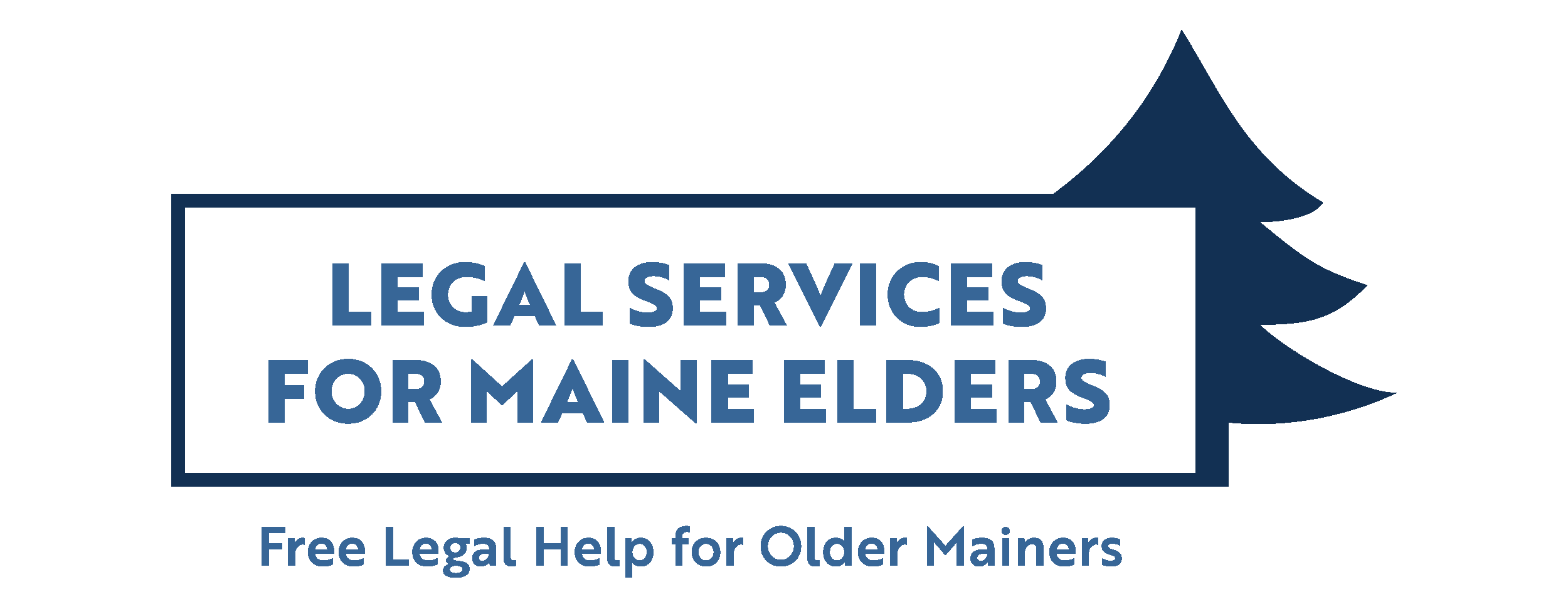You might be worried about how you’ll pay for costly long term nursing care, if you need it. You might think you have to be poor or spend all your money first. Or, that you have to sell your house. That’s not true. Here’s the real story.
- Doesn’t Medicare pay for long term nursing care?
No, not really. It only pays for up to 100 days and only if you need a very high level of care and have spent some time in the hospital first.
If you need longer term nursing care and can’t pay for it, MaineCare pays.
- How does MaineCare decide when they’ll pay?
MaineCare decides when to pay for long term nursing care based on 3 rules.
Rule 1: Whether you have a “medical need”
Having a medical need means you need help with personal care such as walking, eating, getting into bed and bathing. If you call the State, MaineCare will send a nurse to decide if you have a medical need for MaineCare.
Rule 2: Whether you have a “financial need”
Having a financial need means that your total monthly income is less than the cost of nursing care for a month. And you don’t have enough savings to pay for your care. See more details below about how much cash and property you are still allowed to keep.
Rule 3: Whether you have given away any of your property or assets within the past five years
When you apply for help with nursing costs, MaineCare looks at your financial records to determine if you have made any “disqualifying transfers.” MaineCare will look back five years, and if you had given any money or property away in those five years, MaineCare will determine an ineligibility period based on the average cost of care in a nursing home. The penalty would begin on the date of the transfer.
The rules are complex and they change often. It is not a good idea to give property away and then apply for MaineCare without consulting an attorney. Before you give away any of your property, call the Legal Services for Maine Elders Helpline at 1-800-750-5353.
- If I apply for MaineCare, can I keep any savings or property?
Yes! How much you can keep depends on whether you’re single or married. Here are the basic limits:
Single: You can keep up to $8000 of savings (such as in CDs, savings accounts, etc.) plus $2000 of any other property.
Married: You can keep up to $12,000 of savings and property. Your spouse who doesn’t need nursing care can keep enough of your combined property and income to allow a modest lifestyle.
There are many exceptions to the income and property limits.
*Note that you can also keep your house and a car, whatever their values.
- Should I buy long term care insurance?
Maybe, but it’s not for everyone. It works best for middle class people who have savings above the limits allowed by MaineCare. Many people can’t afford it or don’t need it. So before you decide, learn more about it. Call your local Area Agency on Aging at 1-877-353-3771 to talk about your options for paying for long term care.
- Resources
Area Agency on Aging
Your local Area Agency on Aging can help you figure out what your options are for paying for long term care. Call your local Area Agency on Aging at 1-877-353-3771.Legal Services for Maine Elders
If you are a Maine resident who is 60 or older and you have a MaineCare eligibility problem, call the Legal Services for Maine Elders Helpline at 1-800-750-5353 to talk to an attorney for free.Consumers for Affordable Health Care
The advocates at Consumers for Affordable Health Care can help you figure out your health insurance options. Call their Helpline at 1-800-965-7476 to talk to an advocate, or visit their website by clicking here.Pine Tree Legal Assistance
To learn more about free hospital care, visit the PTLA website on the topic by clicking here.
